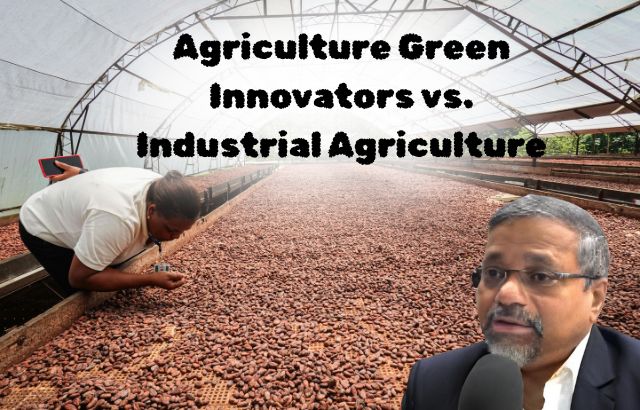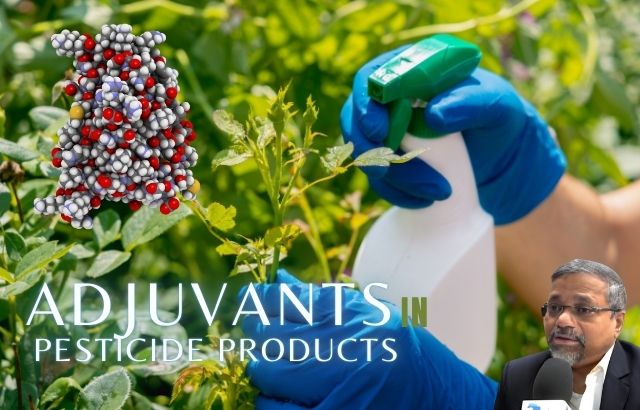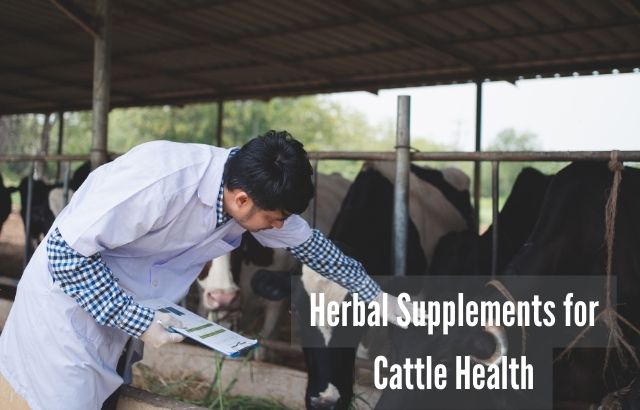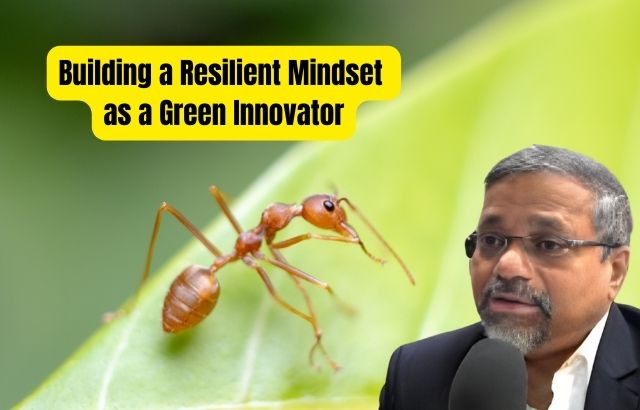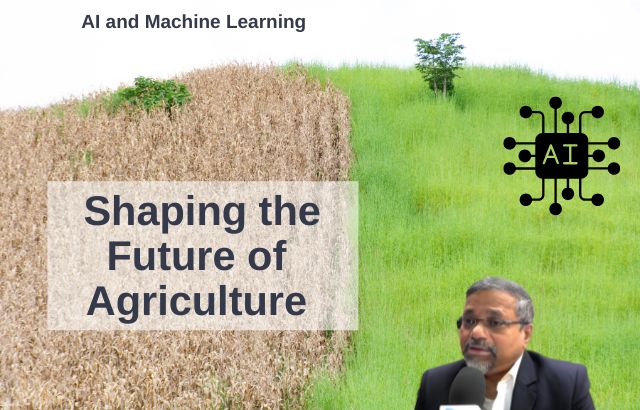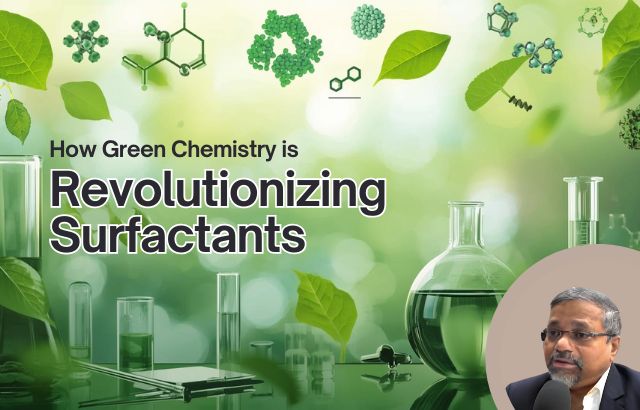Roles of Agriculture Green Innovators
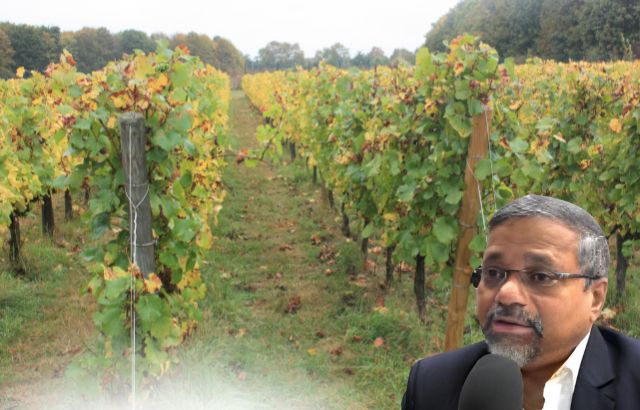
Agriculture Green Innovators are individuals or organizations pushing the boundaries of traditional farming. Their main goal is to create systems that balance efficiency with environmental impact. Let’s take a look at the key roles:
- Promoting Crop Diversity: They use crop rotation, intercropping, and polyculture techniques to maintain soil health and reduce pests naturally.
- Minimizing Chemical Inputs: Green innovators minimize or eliminate the use of harmful chemicals by using organic fertilizers, biopesticides, and natural methods like companion planting.
- Conservation of Resources: They focus on water conservation by implementing drip irrigation systems and rainwater harvesting methods.
- Soil Regeneration: Techniques like composting, cover cropping, and minimal tillage help maintain and regenerate soil health.
- Empowering Local Communities: By promoting sustainable farming practices, they help farmers reduce dependency on large agrochemical companies, fostering self-sufficiency.
Example of Green Innovation: Jaiguru Kadam’s Contributions
One of the prominent green innovators, Jaiguru Kadam, has been making significant strides in promoting sustainable farming. His innovative approach includes using organic farming techniques to increase crop yield while improving soil health.
Example Calculations by Jaiguru Kadam
Here are some intriguing calculations from Jaiguru Kadam’s project in organic rice farming:
| Parameter | Traditional Farming (Per Acre) | Jaiguru Kadam’s Organic Farming (Per Acre) |
|---|---|---|
| Water Used | 10,000 liters | 5,000 liters (50% reduction) |
| Fertilizers Applied | 500 kg (Chemical) | Zero (Organic Compost) |
| Yield | 3,000 kg | 3,200 kg (6.6% increase) |
| Profit (per acre) | $1,500 | $2,000 (33% increase) |
As demonstrated, while Jaiguru Kadam uses fewer resources, his organic methods yield better profit margins and help conserve water—an essential resource.
Industrial Agriculture: Efficiency at Scale
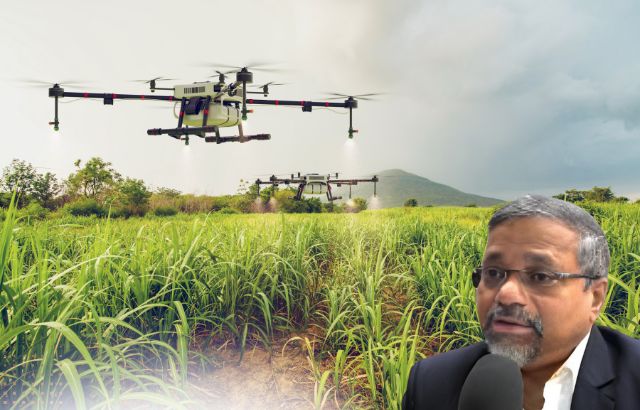
Industrial agriculture, on the other hand, has long dominated food production, driven by the demand for mass-scale food output. This model focuses on:
- Maximizing Yields: With the use of advanced machinery, genetically modified seeds, and synthetic fertilizers, industrial farming ensures the highest possible crop output.
- Farming Efficiency: Mechanized processes like automated planting, harvesting, and irrigation maximize operational efficiency and minimize labor costs.
- Specialization: Large-scale monocultures are common in industrial agriculture, focusing on a single crop type for the highest yield.
- Global Supply Chains: Industrial farms operate on a global scale, supplying major food industries worldwide with large quantities of uniform products.
Intriguing Statistics
Here are some thought-provoking statistics about the state of agriculture:
- Globally, industrial agriculture uses over 70% of the world’s freshwater supply.
- Organic farming can reduce pesticide usage by 90% and energy consumption by 30%.
- By 2050, we’ll need to feed an additional 2 billion people. Agriculture green innovators propose that regenerative agriculture can feed 70% of this population sustainably.
FAQs

1. What is the difference between industrial agriculture and sustainable farming?
Industrial agriculture focuses on mass production, monoculture, and the use of synthetic chemicals. Sustainable farming, on the other hand, focuses on biodiversity, soil health, and eco-friendly practices.
2. How does organic farming impact yield compared to industrial farming?
While organic farming typically produces smaller yields in the short term, it helps regenerate soil, which can lead to greater long-term productivity and higher-quality crops.
3. How can green innovators help reduce global food insecurity?
By promoting sustainable farming practices that use fewer resources and support local communities, green innovators help create a more resilient and equitable food system.
4. Can industrial farming be made more sustainable?
Yes, by integrating sustainable practices like crop rotation, reduced pesticide use, and water conservation methods, industrial farms can reduce their environmental impact.

